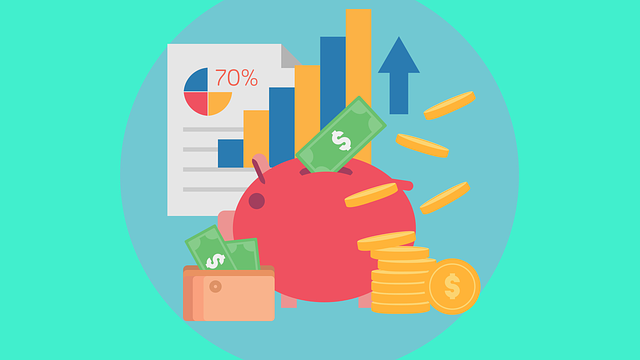
Unique Budgeting Tips To Handle Financial Crunch While Having Low Funds
Saving money can be hard, even when you’re making a decent salary. Because the truth of the matter is, more money can rarely ever help you get out of a tight spot. The only way that “more money” can ever be helpful is if you are spending it responsibly. And one of the best ways that you can save money is by budgeting out your expenses.
You may want to save money for various reasons. Chances are that you want to settle credit card debt or just want to save up for a rainy day. Regardless, budgeting can help. Here are a few tips to help you make a better budget.
Include Expenses for Small Incidentals
Smaller expenses throughout your day rarely ever make it to the budget. However, these small expenses can usually amount to major expenses at the end of the month. Even if it is only $2, spending it every day can make it balloon.
These types of purchases are usually very discreet and are wants rather than needs. Therefore, you should be able to cut them out of the budget if you are looking to increase your cash flow.
Have a Fixed Amount of Savings Every Month
Most people try budgeting to save money, yet they don’t make it a fixed expense. Fixed expenses are parts of your budget that you cannot compromise on. So instead of allotting a specific amount, people just keep away whatever they have left at the end of the month.
Instead of simply putting aside whatever is left at the end of the month, take out a portion of your salary. This small portion should be just enough to not affect your other expenses. Usually, it is 5% — 10% of your salary.
Make Seasonal Adjustments to Your Budget
As the seasons’ change, your budget should too. Since all of your expenses can drop or rise during the summer or winter, you should make adjustments to your budget accordingly. For example, gas is always cheaper during the winter months as opposed to the summers. But heating, especially if you live in colder regions, is more expensive during the winters.
Another thing that you can do during the season is to allocate a budget for everything and set a target. If you’re spending the same as the targeted amount: good job. But if you spend less, you can then start to allocate resources to other avenues or save them.
Divide Your Food Costs
When creating a budget, more specific categories often give you a better understanding of your expenses. And one of the first expenses to break down is the cost of food. The cost of food makes up a large percentage of the average person’s disposable income. More specifically, according to the USDA ERS survey, people spent roughly 8.6% of their income on food. They spent 5% on groceries and almost 3.6% eating out.
But it is not enough that you keep a budget of the total food you eat. Instead, keep track of your groceries and the food you eat out separately. That’s because buying groceries is a necessity, whereas eating out is a luxury. Dividing the two can give you a better idea of what to reduce if you plan on increasing your cash flow.
Budget for What You Get, Not For What You Should Get
This tip is essential to create an effective budget, especially if things like child support or alimony are part of your income. Freelancing is a large part of your income also means that you cannot rest on expectations. If your significant other pay what they owe or you make less money than the previous month through projects, you need to reevaluate your budget.
Instead of budgeting for what you think you might receive, you should budget for what you did receive.
Don’t Budget Down to the Last Penny
A serious mistake that some people make when budgeting is that they will allocate every dollar they have into something. This is possibly the worst thing that you can do if you intend on saving money. Instead of allotting everything, you should leave some breathing room. This cash flow is for anything that could come up during the month, or that could eventually help you later.
Unexpected expenses are just a part of life, and that is how it usually works. Therefore, you need to leave some wiggle room in your budget in case those unexpected expenses pull up.
Summing up
The main goal of creating a budget is to eventually work to a better situation. The only way you can make “more money” is if you learn how to budget and save. And with these tips, you can easily work towards a better future and maybe even settle your credit card debt.
Sep 20, 2021
Sep 20, 2021


